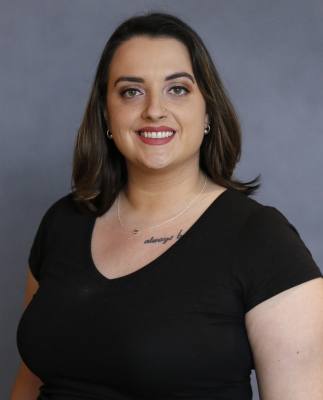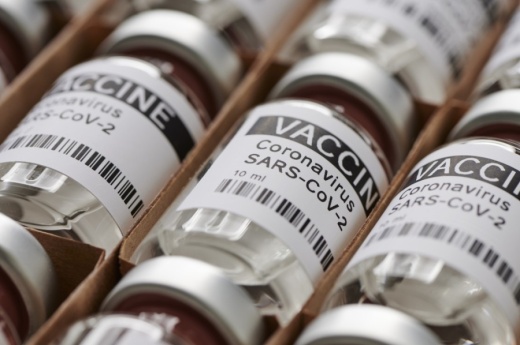During a panel detailing the state of healthcare amid the pandemic, officials from several health systems, including HCA Houston Healthcare, CHI St. Luke’s Health, UTMB Health and Houston Methodist Hospital, discussed vaccine rollout and recent COVID-19 case trends, among other topics.
However, Steven Foster, South Houston Market President for CHI St. Luke’s Health, said residents must continue exercising caution in their communities as overworked staff deal with increasing coronavirus hospitalizations.
“They’re exhausted,” Foster said of health system staff. “The pandemic is not over, and we must remain vigilant.”
Foster said the current surge was expected to peak Jan. 20. Stephen Jones, UTMB Health’s vice president of health system strategy and CEO of the Clear Lake campus, widened the timeline for a peak to late January through early February.
“Based on the current rates, we all need to be careful,” Jones said. “We need to continue to wear our masks. We need to continue to social distance.”
UTMB’s predictions about the peak of the surge are taking into account the presence of the new, fast-spreading COVID-19 strain that originated in the United Kingdom, Jones said. He agreed with Foster that health care workers are dealing with an uphill battle in the fight against the virus.
“[Dealing with COVID-19] continues to be very challenging. ... Everything from staffing on a daily basis to having beds available to our outpatient clinics that are getting an unbelievable amount of calls per day,” he said.
Vaccine insight
While health care leaders said they consider this to be the third major case surge of the pandemic, systems are “in a much better position” to handle the influx of patients primarily because vaccines are becoming available, according to Dan Newman, Houston Methodist Clear Lake Hospital CEO.
Todd Caliva, CEO of HCA Houston Healthcare Clear Lake, said he has been very encouraged by the initial rollout as vaccine doses trickle into the Houston area. He said he expects freestanding emergency rooms—another of which will be opening in League City by the end of this year via Houston Methodist—to play a vital role in distributing the vaccines and continue to serve their communities in a post-pandemic world, he added.
“I’m very hopeful that we’re moving in the right direction,” Caliva said.
UTMB researchers are at the forefront of vaccine development, Jones said. They recently teamed up with Pfizer researchers in a study that found the Pfizer vaccine is effective against the U.K. coronavirus variant.
While UTMB anticipates vaccine distribution processes will continue to evolve, Jones encouraged the public to trust the vaccine and get it as soon as possible. He emphasized that health systems are doing everything in their power to provide doses in a safe, timely manner to employees, patients and community members, as well as to keep their facilities safe for those receiving treatment for any illness, but especially COVID-19.
Anyone experiencing symptoms should not wait to get tested and treated because new medical literature increasingly shows earlier treatment is much better long-term for patients, Jones added.
Business and community leaders alike will need to step up to the plate in order for communities to achieve herd immunity, Foster said. Civic, industry and religious leaders will be needed to volunteer at mass vaccination sites, assisting with the registration process or working security details.
About 80% of the procedures needed to administer vaccines are administrative, which means they can be taught to volunteers, Foster said. He likened the logistics of mass vaccination to the way citizens assist in elections, wherein volunteers handle administrative and logistical tasks and professionals handle the official, clinical processes.
Caliva said taking advantage of all available medical spaces as vaccine sites will be vital for an efficient vaccination process. He said he expects everyone, including those under age 65, will have access to the vaccine within the next 90 days.
“I think we're well-equipped in the city with all of our ambulatory sites. It’s just availability of the vaccines coming from the national level,” he said.





